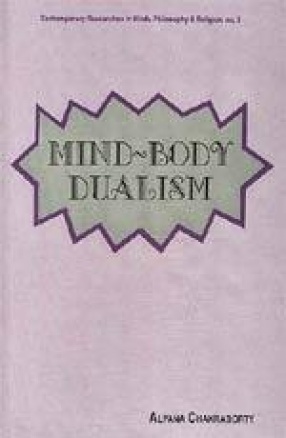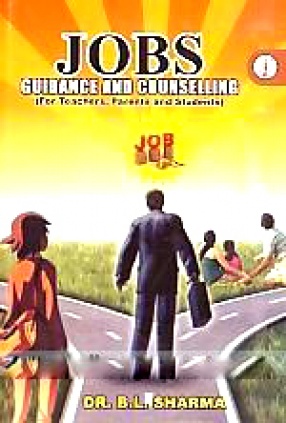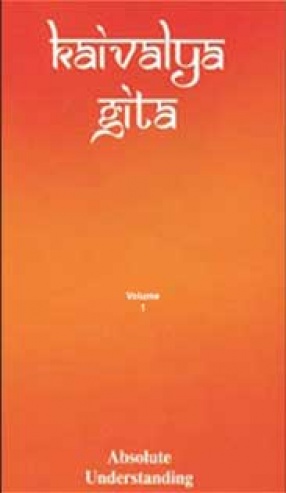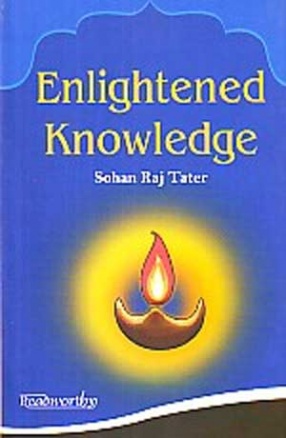How do we (basically) conceptualize a human being or, say, any ‘person’? Is he just his ‘body’? Or a ‘mind’ too – besides his ‘body’? What, then, is ‘mind’, or how is it related to ‘body’? And since ‘body’ is destructible, does man have ‘disembodied existence’ as well? Addressing these age-old questions of fundamental importance, the book focusses on mind-body dualism. Which, despite its exposure to scathing criticisms, and even outright repudiations, has survived as a powerful dualistic tradition. Alpana Chakraborty’s study is not a critique of mind-body dualism; but a coherent, quintessential review of the philosophical thinking that has, since Descartes’ time, been invested in the shaping of this dualistic tradition, its theoretical parameters and its key issues. Also setting out Western concepts of ‘person’, ‘disembodied existence/survival’, and ‘bodily resurrection’, the author considers the Cartesian view of mind-body dualism, and how it compares with the dualism of traditional Indian Samkhya philosophy. In her effort to spell out issues central to mind-body interaction, Dr. Chakraborty develops a vast historical framework from the acknowledged treatises/theories of Cottinghum, Don Locke, Gilbert Ryle, C.D. Broad, C.J. Ducasse, Nichlos Bohr, P.F. Srawson, and other Western philosophers — including the very recent theories of ‘Complementarity’ and ‘Meta-Linguistic Dualism’. Invaluable to the scholars of philosophy, metaphysics and psychology.
Mind Body Dualism
In stock
Free & Quick Delivery Worldwide
Bibliographic information
Title
Mind Body Dualism
Author
Edition
1st ed.
Publisher
ISBN
8124600716
Length
ix+270p., Glossary; Bibliography; Index; 23cm.
Subjects





There are no reviews yet.